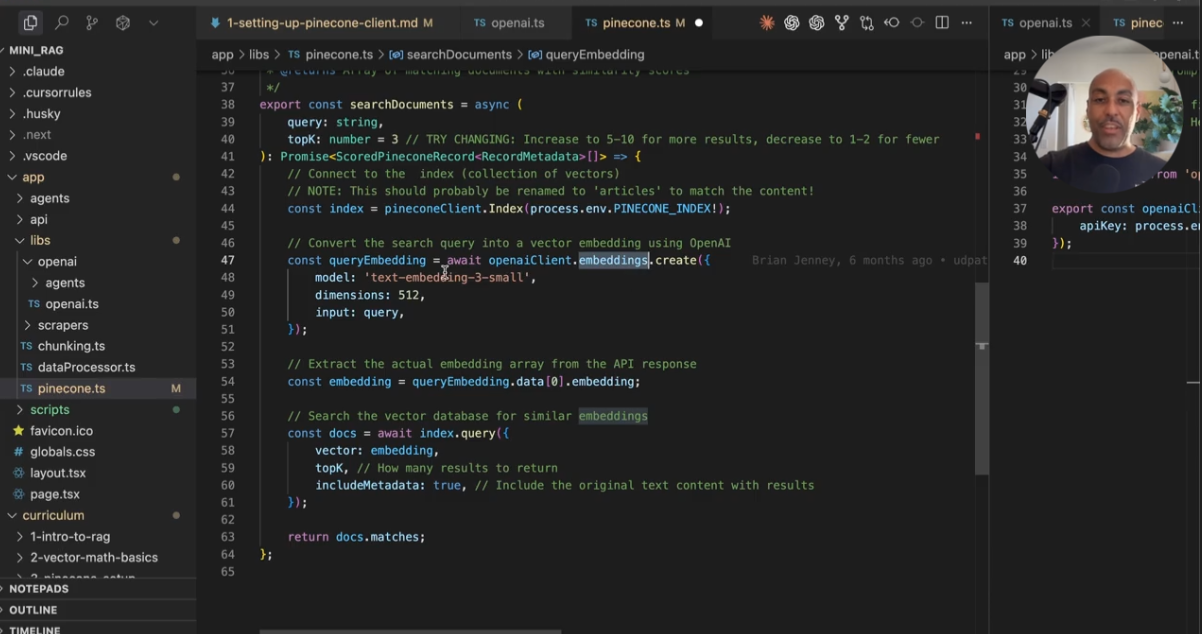The Best Entrepreneurs Abandon Perfection
Oct 21, 2024Aaron Hayslip | Entrepreneurship
When it comes to creating something that our name is attached to most of us default to perfectionism. Obviously your 10th grade book report wouldn’t fall into this category, but perhaps your 10th grade basketball game performance, a song you may write - even for me, this article I’m writing right now. Everyone will see us, judge us by our work/performance, and thus cast another vote for or against our own self-esteem.
But when it comes to entrepreneurship, we have to abandon this perfectionism as it is the enemy of our progress. Not only is “perfect” not possible in the early stages of a business (in any area - marketing, sales, product, etc.) but it’s altogether counterproductive.
This is because the key skill of an entrepreneur is not mastery of any single discipline (or even all the disciplines - i.e. you cannot become the best digital marketer and/or the best sales rep, etc.), but rather it’s mastery of knowing what needs to be fixed next, and then being able to do the minimal possible amount of work necessary to duct tape it together just good enough that it will hold until you can come back to it later and use real materials (i.e., not duct tape).
But for now, duct tape is good enough. It has to be because we cannot afford anything better, and we wouldn’t even know how to use something better - we don’t have those skills.
Here’s an example:
For a brand new business with an idea and one entrepreneur, the first task is likely that of marketing, perhaps even before there is a product or service to offer. There’s no use in building something that no one will buy, so the entrepreneur must first test their messaging and discover if it resonates with a market (a group of people willing to give you money for your product/service).
To get practical, this initial marketing might involve the following steps:
- The entrepreneur will build an initial website/landing page which advertises the hopeful product/service (perhaps a porta potty for dogs).
- The entrepreneur will then engage online groups (Facebook groups with pet owners, for example) to see if their product resonates with the target market.
- The landing page will collect the email addresses of potential customers and put them on a “wait list”.
If the entrepreneur were to spend 6 months learning to code to build a beautiful website (step 1), perhaps that would be of some value in the future, but as soon as they’ve validated their product-market fit (i.e. they have a list of hopeful customers who will buy their doggy porta potties), they’ll move onto a new phase in the business - likely “product development”, which will require a whole new array of skills, which do not include copywriting or web design/development.
In this scenario, the entrepreneur doesn’t need to be great at copywriting, or web design/development - they just need to be “good enough for now” - they need to be resourceful.
Context - The Difference Between Resourcefulness and Shoddy Work
Many of us get distracted at this point. Because we’re perfectionists, in the early days of our business, we will feel like we’re building something sub-par, and that’s a gross feeling. Sure, we’re being resourceful, but at what costs?
Well, resourceful doesn’t fully describe what skills entrepreneurs need to acquire in place of perfectionism. Mere “resourcefulness” can be an excuse for “shoddy” or “sub-par” work.
This is often a source of contention between an entrepreneur and their early hires. The entrepreneur creates some aspect of the business (let’s say, the website) and the first sales rep that’s hired complains that the website is a disgrace - how are they to sell the doggy porta potty when the company’s vision isn’t clearly stated on the website?
So is the entrepreneur being resourceful with the website, or lazy? That depends on the context.
The entrepreneur can see the forest for the trees. In what context was the website built? Is its purpose (at this moment) to be a sales tools for the sales rep(s)? If so, it seems that it’s a crappy website. If the website serves a different purpose and the sales teams needs to use other methods to sale (for now), then perhaps resourcefulness is at work.
The early hires might feel like the entrepreneur doesn’t take pride in their work (judging by the crappy website), but in fact, it could be that the entrepreneur is actually flexing their perfectionism. Instead of drowning in the details of what it takes to create a perfect website, they’re concerned with building a perfect (or at least, healthy) business.
Now, of course, it’s up to the entrepreneur to let the rest of the team in on that context and to show them that the crappy website is an intentional oversight. In fact, there is a plan to make the website better than they can even imagine - just not yet.
Perfecting Entrepreneurship
This process of abandoning perfectionism and pursuing contextual resourcefulness is a cyclical procedure. The entrepreneur will constantly assess the business, determine what needs to be done next and then resourcefully engage. In due course, this process will hit every area of the business, multiple times.
A word for this, is growth. On the outside, it appears that the entrepreneur has done the impossible. They’ve made something out of nothing.
But as you zoom in, you see this constant combustion. An initial investment of time, energy, coffee, books, Google searches and hard work generates a dollar. The entrepreneur knows exactly how to stretch and invest that dollar for the highest impact.
This cycle continues and at every new stage, the entrepreneur must take on different roles and acquire new skills. There isn’t time to perfect any one of these skills, but rather the entrepreneur is slowly mastering and perfecting entrepreneurship itself.

